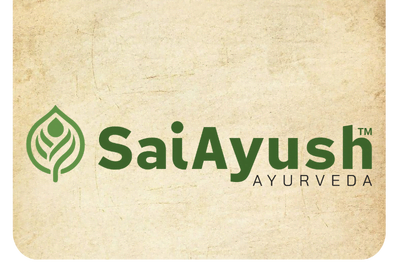Ayurveda Treatment for Gout
Niroga Ayurveda Healing ( Ayurveda Chikitsa / Treatments )
What is Gout?
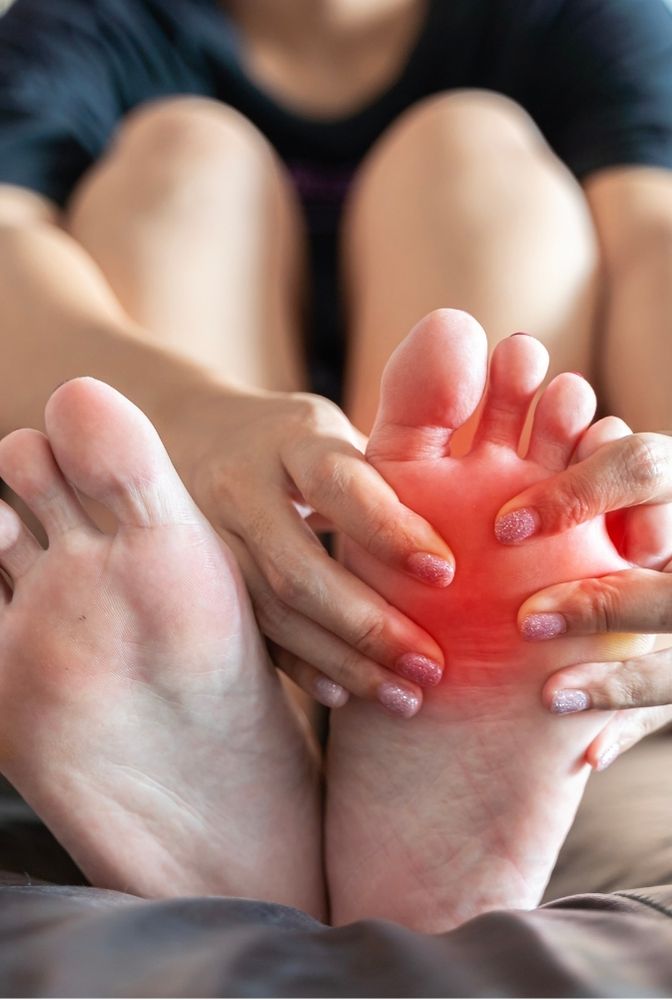
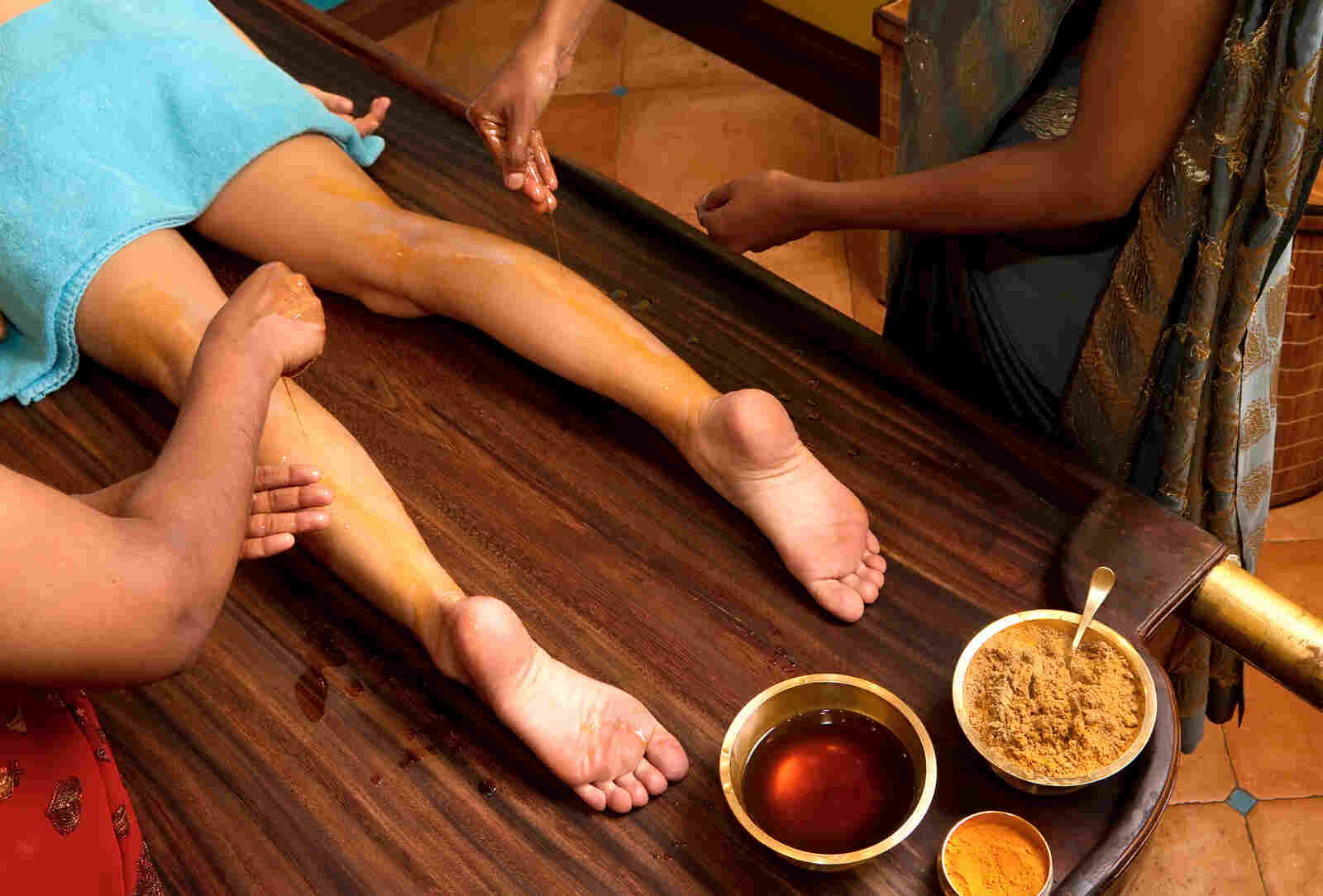
Why Choose Ayurveda for Gout?
Ayurveda offers a holistic approach to treating gout, focusing on balancing the body’s doshas (Vata, Pitta, and Kapha) and eliminating the root causes of the disease. Ayurvedic treatments for gout include dietary modifications, herbal remedies, detoxification therapies, and lifestyle changes, providing long-term relief without the side effects of conventional medications.
Gout Statistics
Hyderabad, India, and Globally
- Hyderabad: Approximately 2-3% of the adult population in Hyderabad suffers from gout.
- India: Around 1-2% of the Indian population is affected by gout.
- Globally: Gout affects about 4% of the adult population worldwide.
Who is Prone to Gout?
Gout can affect anyone, but it is more common in men than women. Individuals with a family history of gout, those who consume a diet high in purines (red meat, seafood), and people with certain medical conditions like obesity, diabetes, and hypertension are more prone to developing gout.
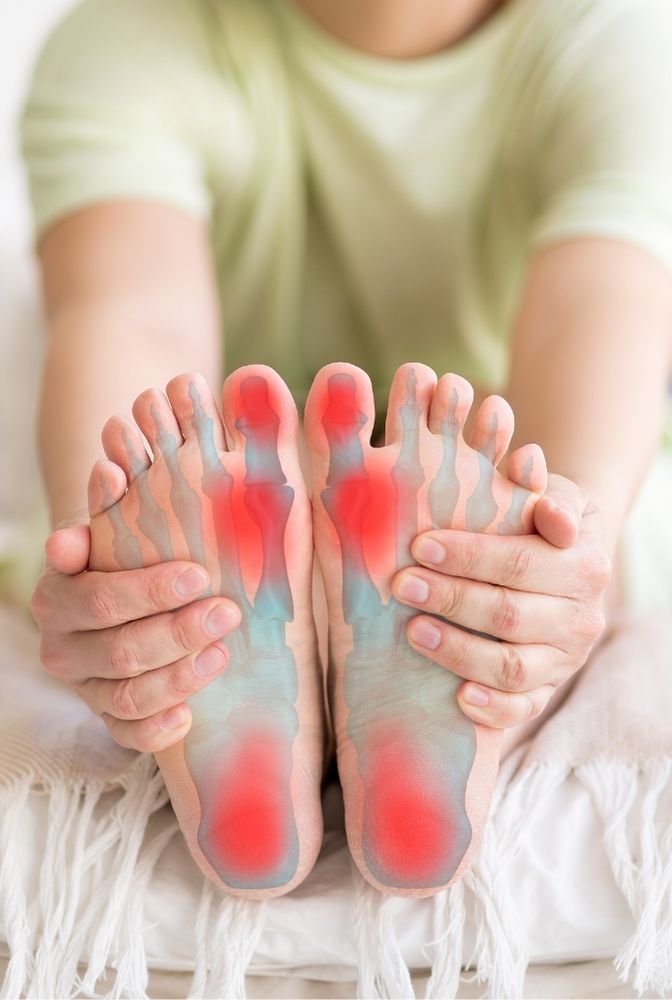
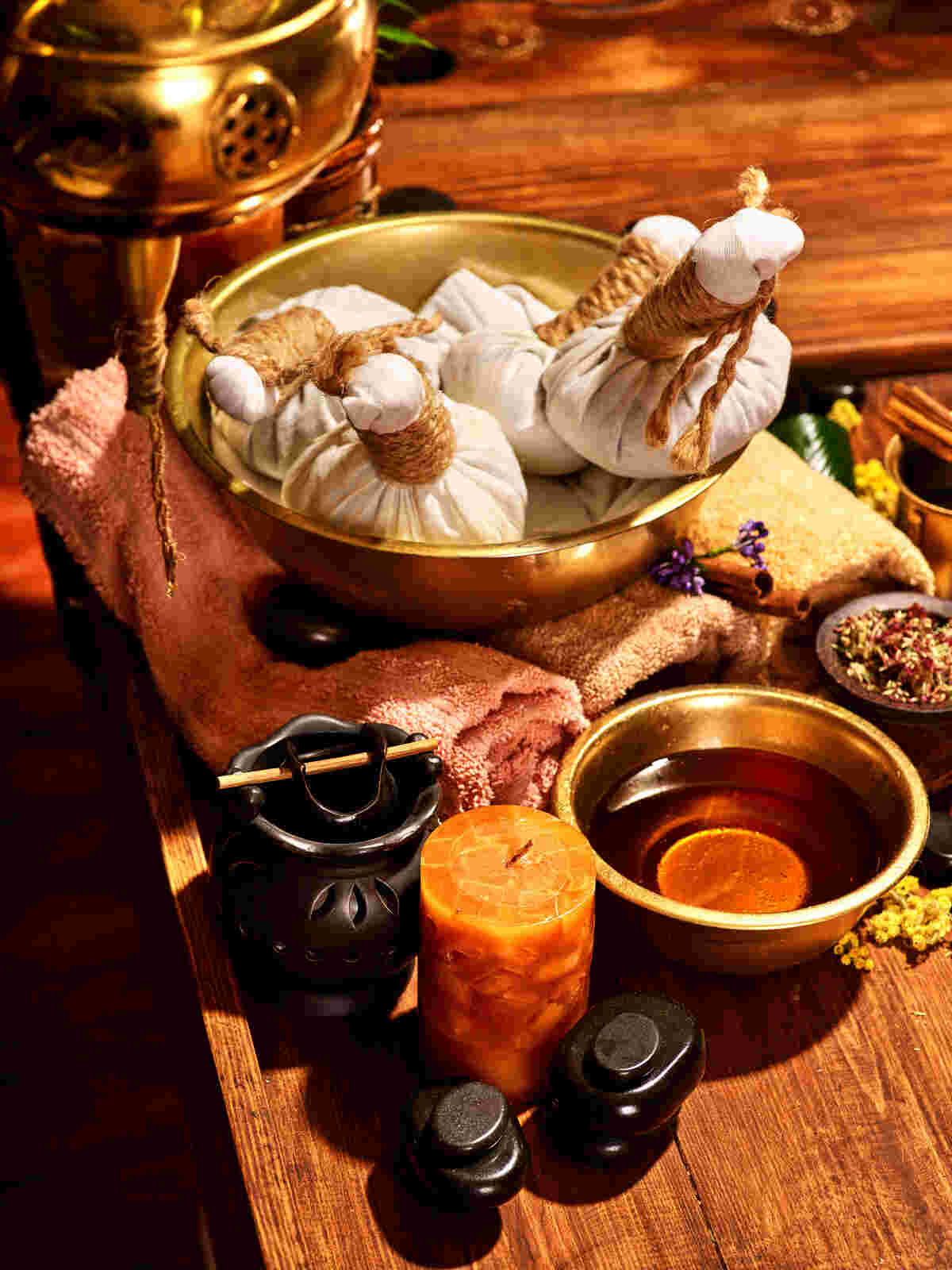
Gout Causes and Aetiology
Causes of Gout
- High Uric Acid Levels: The primary cause of gout is hyperuricemia, where uric acid levels in the blood are elevated.
- Dietary Factors: Consuming foods rich in purines, such as red meat, seafood, and alcohol, can increase uric acid levels.
- Genetics: Family history can play a significant role in the development of gout.
- Medical Conditions: Obesity, diabetes, hypertension, and renal impairment are linked to higher uric acid levels.
- Medications: Certain medications, like diuretics and low-dose aspirin, can contribute to hyperuricemia.
Gout Signs and Symptoms
- Intense joint pain, often in the big toe
- Swelling and redness in the affected joint
- Warmth and tenderness in the joint
- Limited range of motion

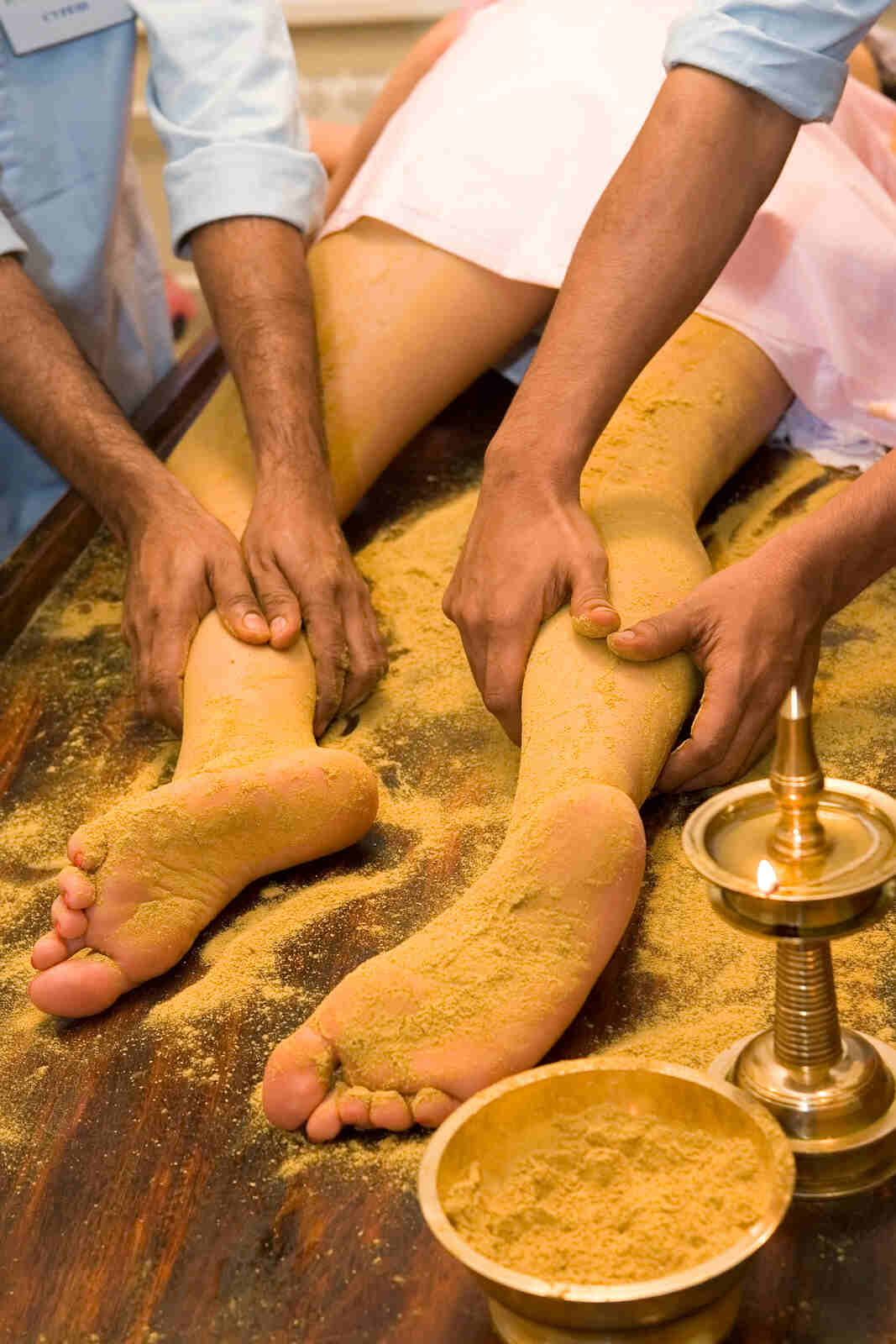
Diagnosis of Gout
Gout is diagnosed through a combination of medical history, physical examination, and laboratory tests. Key diagnostic tools include:
- Blood Tests: To measure uric acid levels.
- Joint Fluid Test: To detect urate crystals in the joint fluid.
- X-rays: To rule out other joint conditions.
- Ultrasound: To identify urate crystals in the joints.
Types of Gout
- Acute Gout: Sudden and severe attacks of pain and inflammation in the joints.
- Chronic Gout: Frequent attacks leading to permanent joint damage.
- Tophaceous Gout: Formation of tophi (large deposits of urate crystals) in joints and soft tissues.
- Pseudogout: Similar to gout but caused by calcium pyrophosphate crystals.
Prevention of Gout
- Maintain a healthy weight
- Follow a low-purine diet
- Stay hydrated
- Limit alcohol consumption
- Avoid sugary beverages
- Regular exercise
Home Remedies for Gout
- Apple Cider Vinegar: Drink a mixture of apple cider vinegar and water to help lower uric acid levels.
- Cherries: Consuming cherries or cherry juice can reduce the frequency of gout attacks.
- Ginger: Ginger tea or compresses can help reduce inflammation.
- Lemon Juice: Drinking lemon juice with baking soda can help neutralize uric acid.
- Epsom Salt Bath: Soaking in an Epsom salt bath can relieve pain and reduce inflammation.
Yoga for Gout
Certain yoga poses can help manage gout symptoms by improving circulation and reducing stress. Recommended poses include:
- Pawanmuktasana (Wind-Relieving Pose)
- Vajrasana (Thunderbolt Pose)
- Ardha Matsyendrasana (Half Lord of the Fishes Pose)
- Bhujangasana (Cobra Pose)
Detailed Ayurvedic Treatment Options
- Panchakarma Therapy: Detoxification treatments to balance doshas and eliminate toxins.
- Herbal Remedies: Use of herbs like Triphala, Guggul, and Shallaki to reduce inflammation and uric acid levels.
- Dietary Modifications: Personalized diet plans to avoid high-purine foods and promote overall health.
- Lifestyle Changes: Recommendations for daily routines and activities to prevent gout attacks.
- Abhyanga (Oil Massage): Therapeutic massages with medicated oils to reduce pain and inflammation.
- Basti (Medicated Enema): To cleanse the colon and balance Vata dosha.
FAQs
Frequently Asked Questions
What is the best Ayurvedic treatment for gout?
A: The best Ayurvedic treatment for gout includes Panchakarma therapy, herbal remedies like Triphala and Guggul, dietary modifications, and lifestyle changes tailored to the individual’s needs.
Can Ayurveda cure gout permanently?
A: While Ayurveda aims to manage and reduce the symptoms of gout effectively, a permanent cure depends on various factors, including adherence to treatment, diet, and lifestyle changes.
What foods should be avoided in gout according to Ayurveda?
A: Ayurveda recommends avoiding foods high in purines, such as red meat, seafood, alcohol, and certain legumes. Additionally, reducing intake of fried and processed foods can help manage gout symptoms.
How long does it take for Ayurvedic treatment to show results for gout?
A: The duration of Ayurvedic treatment for gout varies depending on the severity of the condition and individual response to therapy. Most patients begin to see improvement within a few weeks to months.
Is yoga beneficial for gout patients?
A: Yes, yoga can be beneficial for gout patients as it helps improve circulation, reduce stress, and promote overall well-being. Specific poses like Pawanmuktasana and Bhujangasana are particularly helpful.
Sai Ayush Ayurveda Hospitals offer comprehensive and personalized Ayurvedic treatments for gout, focusing on holistic healing and long-term relief. Our experienced practitioners use a combination of therapies, including Panchakarma, herbal remedies, and lifestyle modifications, to address the root causes of gout and improve overall well-being. Visit us for effective and natural gout treatment options tailored to your needs.
Fill out this form for booking online.
Appointment
Book An Appointment
Make sure to note down the appointment date, time, and location provided by the clinic. Set reminders on your calendar or set an alarm to ensure you are punctual and do not miss your appointment.
Customer Service
+91 84668 82266
WhatsApp Now
+91 84668 82266
Subscribe Now
SaiAyush Ayurveda
